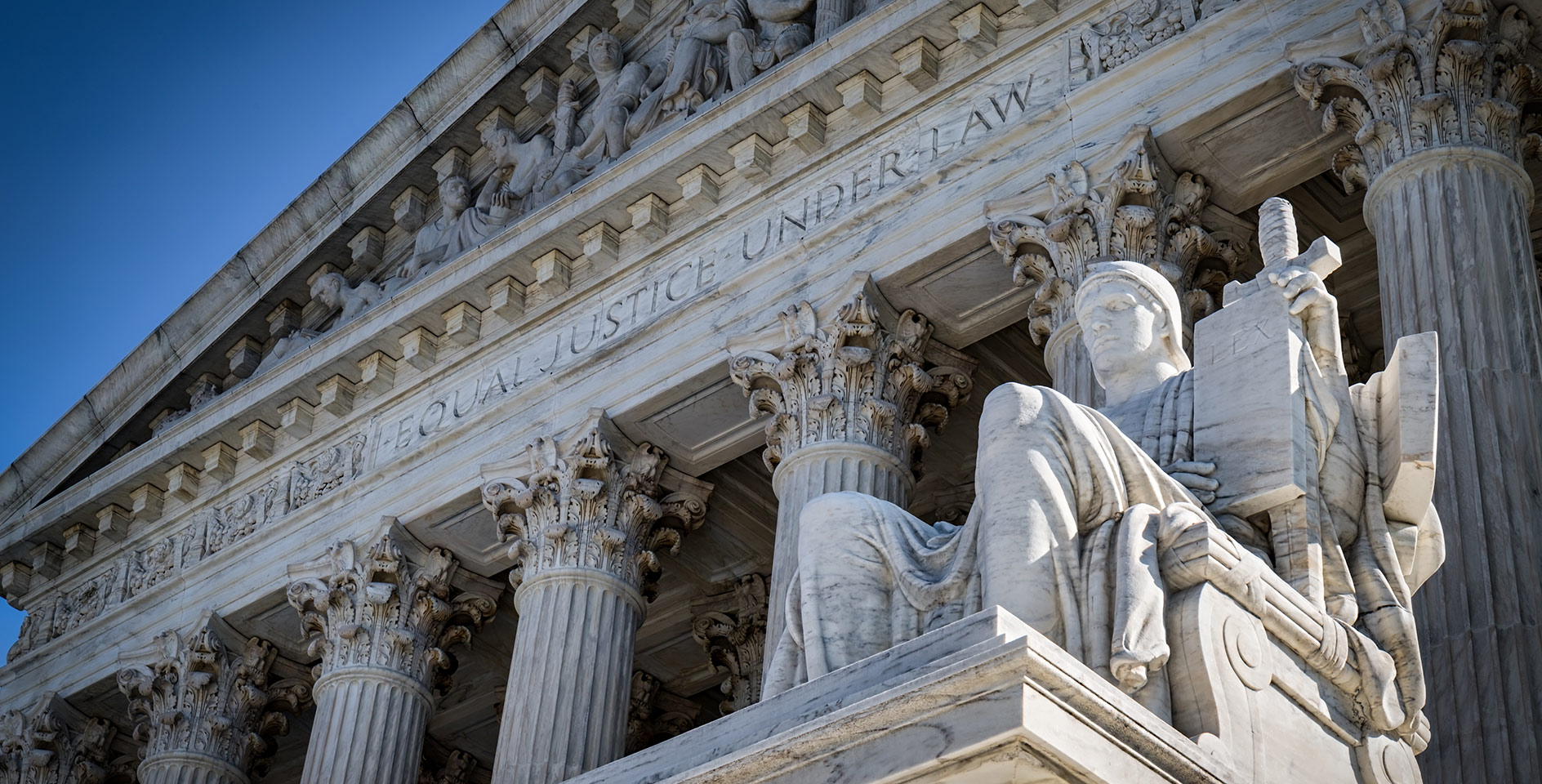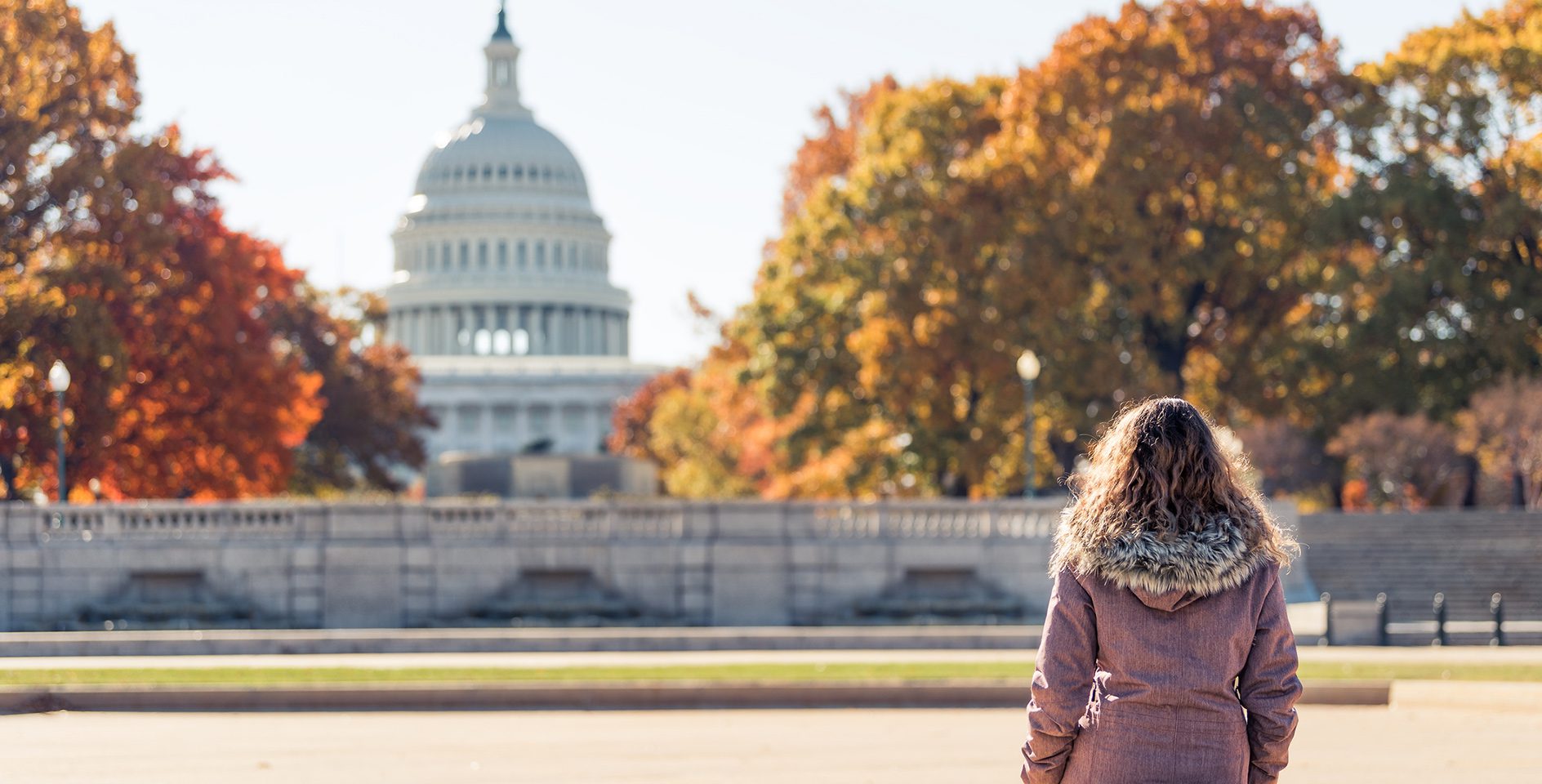Next week, President Trump is expected to announce his nomination to replace Supreme Court Associate Justice Anthony Kennedy, who is retiring at the end of this month. Here are five facts you should know about the Supreme Court nominations and the confirmation process:
1. The “Appointments Clause” of the U.S. Constitution (Article II, Section 2, Clause 2) says “The President . . . shall nominate, and by and with the Advice and Consent of the Senate, shall appoint . . . Judges of the supreme Court . . . ” But the process of nominating and confirming Supreme Court justices is not outlined in the Constitution. The president can even change his mind about appointing a nominee after he or she has been approved by the U.S. Senate. As the Heritage Guide to the Constitution explains, “The Senate's consent is advisory because confirmation does not bind the President to commission and empower the confirmed nominee. Instead, after receiving the Senate's advice and consent, the President may deliberate again before appointing the nominee.”
2. Because the nomination process is not dictated by the Constitution or any federal statute, it is, as David Lat and Kashmir Hill notes, a “creature of political custom and tradition. As such, it could be readily changed, if the president and the Senate could agree on how.” Many features of confirmation hearings are therefore of relatively recent origin. For instance, the first televised hearings were in 1981 with Sandra Day O’Connor, and the first nominee to be, as Lat and Kashmir say, “aggressively questioned about his views on specific cases and overall judicial philosophy” was John Marshall Harlan in 1955.
3. During their Senate hearings, Supreme Court nominees are often asked their opinion about controversial cases, such as Roe v. Wade. But it has become a custom, Gerard V. Bradley says, for nominees to refrain from offering a candid, up-or-down judgment of any standing Supreme Court precedent. “By ‘standing,’ I simply mean a case that has not been overruled,” says Bradley, “Nominees do not hesitate to say that Dred Scott (slavery) or Plessy (segregation) was a mistake.” For example, Clarence Thomas, David Souter, Anthony Kennedy, and Sandra O’Connor all declined to comment when asked their opinion on the landmark abortion case. And in his 1986 hearing, Antonin Scalia even refused to say what he thought of the 1803 case Marbury v. Madison. As Scalia said, “I do not think I should answer questions regarding any specific Supreme Court opinion, even one as fundamental as Marbury v. Madison.”
4. Since the Supreme Court was established in 1789, presidents have submitted 162 nominations for the Court, including those for chief justice. Of this total, 124 were confirmed (7 declined to serve). Since 1900, only three presidents have had a nominee rejected (Herbert Hoover, Richard Nixon [twice], and Ronald Reagan), and one president had no action taken on his nomination (Barack Obama).
5. President Franklin D. Roosevelt appointed nine justices during his 12-year presidency, the most since George Washington, who appointed 11. President Eisenhower appointed four justices, while Presidents Truman and Nixon each appointed four. President Reagan appointed three. Presidents Kennedy, Johnson, G.H.W. Bush, Clinton, G.W. Bush, and Obama all appointed two (as will Trump, so far). President Ford appointed one justice. President Carter is the only U.S. president to complete a full term of office and never have the opportunity to nominate a justice.










